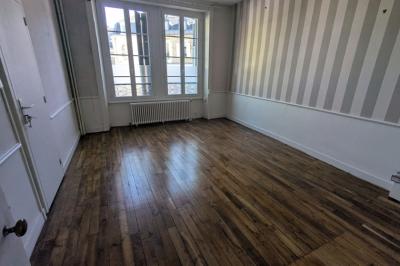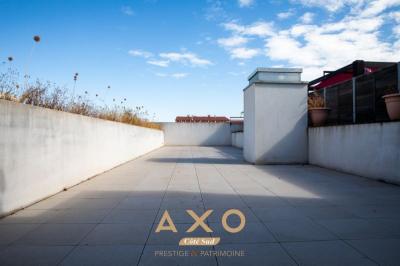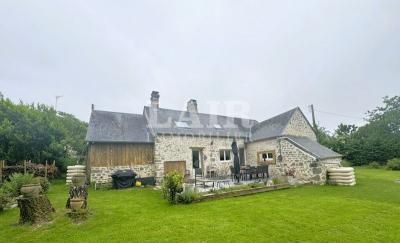I hesitate to use the word “untranslatable” here because, frankly, there is no perfect translation between languages. Words and concepts have different shades of meanings in different languages based on particular linguistic cultures and histories. But non-native speakers can have an idea of a particular word, even if they don’t know all shades of its meanings.
“Le Spleen de Paris” by Marisa Ficorella
Here is a list of ten French words that have no English equivalent. Some of these words have been adopted into the English language, even though their meanings have changed slightly in translation:
Flâneur (nm) – This word has been adopted into the English language, particularly in literary studies. Literally a “stroller” or a “lounger”, in the 19th century this word came to mean a literary man of a certain social class, who would spend his time exploring Parisian streets. Of course, the leisure to stroll around Paris habitually meant that flâneurs did not have any money problems! The poet Charles Baudelaire often used this figure in his poetry.
Dépaysement (nm) — This interesting word can mean anything from disorientation to culture shock. The word is formed from the word pays or “country” and would literally mean something like “to be uncountried”. Dépaysement is the feeling one gets of not being in one’s own country, of being a foreigner.
Retrouvailles (nf plural) — I love this word. Literally meaning something like “refindings”, this word refers to the reunion you would have with someone you care deeply for but whom you have not seen in a long time. The English word “reunion” just doesn’t do this word justice.
Terroir (nm) — I’ve written a blog post on this word before. Terroir is a notoriously tricky word to translate, although it is often used in the international wine and cheese industries. Terroir describes the combination of climate, labor, geology, and geography of a certain place that contributes to its distinct agricultural products, including wine and cheese.
Bricoleur (nm) — A bricoleur is a handyman who makes use of whatever materials are available to him to create a construction (or bricolage). Perhaps the closest equivalent in English would be something like a DIYer, although this doesn’t quite convey the meaning of using a variety of available materials to create one unified thing, like taking the old wood in your shed to create a nice bookshelf.
Savoir-Faire (nm) — This word is, of course, ubiquitous in English. In French, it is similar to “know-how”, or how to solve certain practical problems. Once adopted into the English language, however, this French word took on a different meaning: knowing how to act appropriately in social situations.
Spleen (nm) — Ah, spleen. Another 19th century, Baudelairian word. In French, spleen means melancholy, profound boredom and dissatisfaction. In fact, its synonymous with another French word that the English language has adopted: ennui. In English, spleen (not the anatomical definition) is bad temper or spite.
Si (conj) — Si can mean multiple things in French (like “if”), but it is also a cool way to answer in the affirmative to a negative question. So, for example, someone asks you, referring to a film perhaps, tu ne l’as pas vu, n’est pas? (You didn’t see it, right?), you would say si (and not oui) in order to respond, si, je l’ai vu la semaine dernière (yes, I saw it last week).
Chez (prep) – This is another classic French word that you probably are familiar with. But it’s such a useful and versatile word. Not only can chez mean that you are at a particular location (chez moi) but it can also indicate the particular state of mind of a person or group of people (chez les français — “among the French”) or to speak about an artist’s body of work (chez Molière).
Épater (v) — Not to bring up Baudelaire again, but among the French decadent poets of the 19th century, they used the following rallying cry: épater la bourgeoisie! This literally means, “shock the middle class”. But épater also means to wow, to stun, to amaze, and to impress — it packs quite a bit of punch!
Can you think of any other “untranslatable” words in French?
Blog submitted by: Alex at The French Property Network - Cle France.
This blog was originally posted on The French Language Blog pages.











